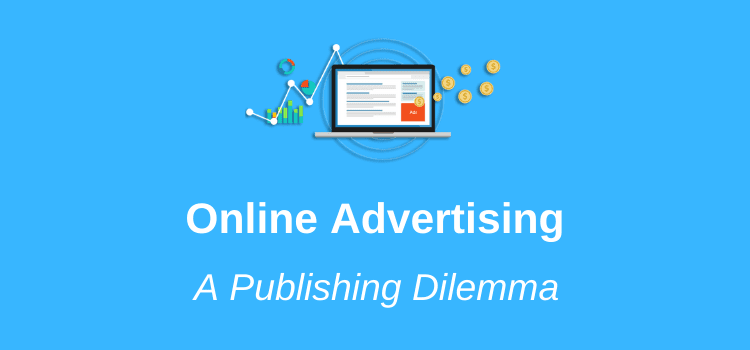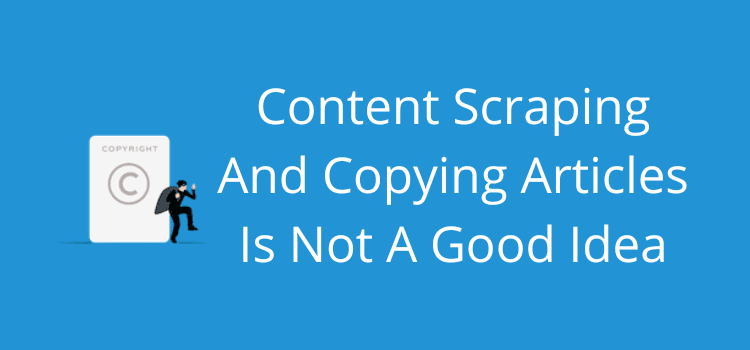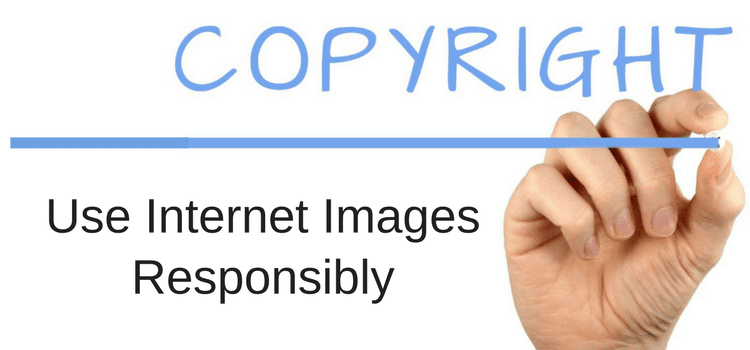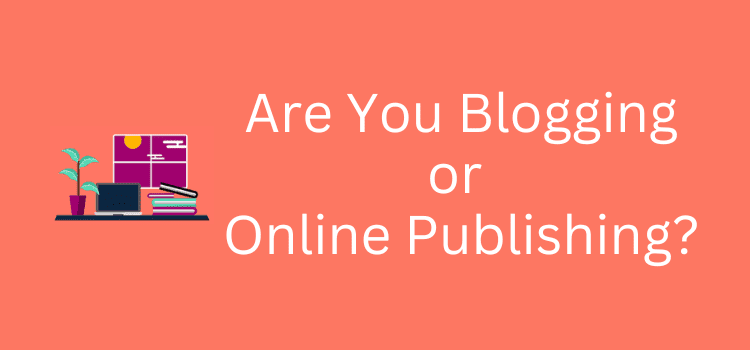
Advertising is the Internet’s original sin.
Content creation takes a lot of time and hard work. If time is money, you spend an enormous amount of time writing articles and blog posts.
When search engines index your work and web pages, people can find and access them. Then they can read everything you write for free and even download the images you spent ages creating.
It’s not a new problem. From the very first days of the Internet, the solution was obvious, and advertising became the default business model on the Web.
The Internet’s original sin
Ethan Zuckerman recently confessed to “the Internet’s original sin,” saying he helped create pop-up ads in the medium’s early days. The director of MIT’s Center for Civic Media tells Robert Siegel that it’s not too late to repent and to build a better Web — without ads.
But try telling Google and Facebook about building a better web on subscriptions and paid content. The subscription model has never worked, apart from a handful of top-end newspapers.
On top of that, Google and Apple are now taking active measures against adblockers to defend ad revenue. To protect ads for social networking, Facebook started using FBCLID in 2018.
Even though you use an ad blocker, there are still some ways to bypass the cookie policy and laws by some companies. Probably the parameter fbclid is determined to do exactly the same thing. Source
The Internet giants are taking strong action to protect search advertising, paid search, display ads, and banner ads. Effective advertising is their cash cow. So any actions that threaten paid advertising revenue models are being met with a heavy hammer.
The original sin is here to stay for companies like Facebook, Google, and Apple.
To give you an idea of how big the online advertising business is, here is a snapshot of display ads on the Internet for one day.
![]()
On average, one valid click on an ad costs an advertiser between $2.00 to 5.00. Do the arithmetic, and you will know why the big tech companies are working so hard to protect online advertising.
Is content marketing different?
With content or digital marketing, the ads for a product or service are not as obvious as, say, Google Adwords Ads campaigns.
There are no flashing banners, pop-up ads, or auto-play video ads.
It is more subtle and uses affiliate marketing as the preferred tool for attracting customers and sales. It can be very effective, with less apparent links gaining a better click-through rate than display advertising.
You are probably familiar with inline text links in an article, review, or guide that take you to a sales landing page.
But the same technique is used on social media. Photos of cute cats or puppies can lead to an online store for pet accessories.
It is not that different from ad banners but easier on the eye. It is still advertising as the default source of revenue.
How do internet users react?
For users, they pay for an Internet connection with an Internet Service Provider (ISP) at home or work.
Then they also pay for a subscription for their mobile devices.
That is no small sum of money to pay each month.
But from the earliest days of the Internet, the assumption has been that the consumption of content is and should be free.
In Ron Carlson’s short story “What We Wanted To Do,” he says this when referring to how the Internet works:
The fiasco I want to talk about is the World Wide Web, specifically, the advertising-supported, “free as in beer” constellation of social networks, services, and content that represents so much of the present-day web industry.
There is no doubt that users begrudgingly accept ad-supported content, pop-up ads, and even data collection. They pay to connect, and the default business model or the sin supplies them with free digital content.
It’s the quid pro quo that has remained true for a long time.
It’s okay. I use a free blogging service
There are free blogging platforms everywhere to share knowledge, opinions, and ideas with the world.
However, very few of these bloggers realize that their generosity, but an unwillingness to pay, is being exploited. Nothing is for free.
All of these platforms are ad-based and make money by adding advertising to the content that is published by millions of bloggers.
Another overlooked aspect is that you have no control over what ads are displayed or what tracking and data collection cookies are added to your writing.
It is inescapable. When you think something is for free, it most often isn’t.
How can a small online publisher survive?
If no one wants to pay you, how can you make money as an online publisher?
How can you take control of your writing, data, security, and income?
The only way to take charge of your publishing is to host your own site. It doesn’t cost a lot to set up and maintain a self-hosted WordPress installation.
A domain name registration costs only a few dollars a year, and web hosting is now very affordable for small publishers.
With your site, you can then make the best decisions for your situation.
Even though the basic model of making money on the Internet is advertising-based, there are many variations.
Smart bloggers use a variety of ways to earn an income.
Of course, Google Adsense is one of the easiest ways.
It is not for every blogger, and there is a learning curve. There are also technical issues to consider.
But as the snapshot earlier in this article shows, there are 3,100,000 publishers who make money from online display advertising.
Affiliate marketing is very easy to start. There are a lot of programs you can join, like Amazon Associates and Share-A-sale, and many more.
As long as you can write about a product or service, all you need to do is add your affiliate link.
For authors, the starting point is obvious. Promoting and advertising your books is the best way to improve your book sales income.
Whichever way you choose to go, the most crucial factor is that you are in control of your publishing.
From there, you can build your online business as you see fit without any constraints.
You can’t change the world
If you are publishing online, all you can do is make the best of it.
The recent actions of the big technology companies against ad-blocking technology tell a very clear story.
The Internet’s original sin is here to stay.
It is reinforced by the fact that, at heart, Google is not a search engine, and Facebook is not a social media platform.
They are both very clearly advertising businesses.
For small publishers, you might need to take on the same mindset.
Yes, you write, create, and publish great content that can attract a lot of readers and organic traffic to your website.
But at the end of the day, you are in the advertising business if you want to survive.
If you have a good plan and make good choices, you can succeed. You can make an income from publishing your writing.
Related reading: Adsense And Core Web Vitals Can Work Just Fine – Here’s How




Personally I mostly don’t see the ads. I’ve been bombarded by them for too many years and just tune them out, unless they show me something of interest. Even the spybots aren’t very good at that.
Some bitter doses of reality.